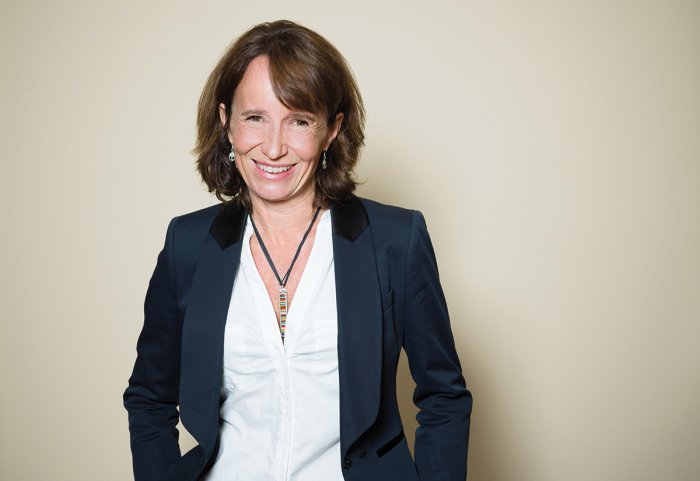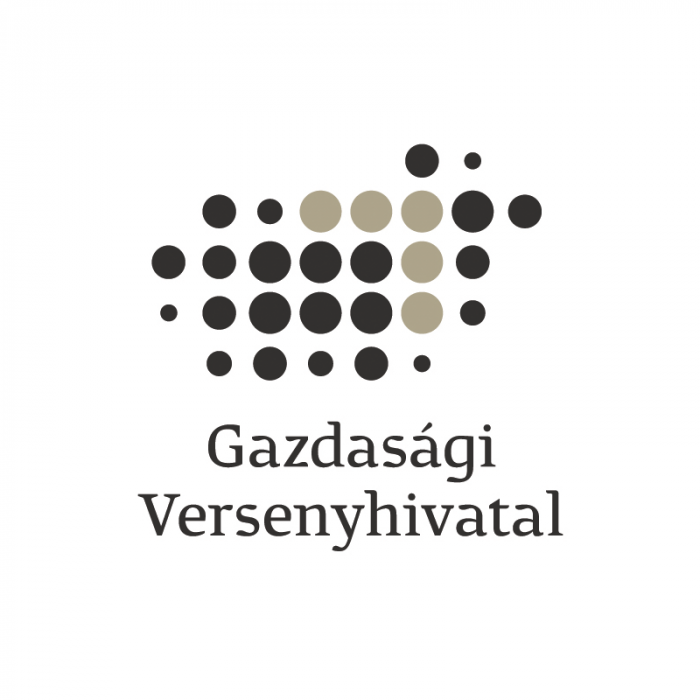Diversity, Understanding and Embracing Competition

Telenor CEO Alexandra Reich talks to the Budapest Business Journal about her management style, the highly competitive Hungarian telco market, and her vision for the future here.
Alexandra Reich, CEO of Telenor.
You are the first woman to head one of the three main telcos in Hungary. What is your management philosophy in general, and how do you view diversity in particular?
It is slightly surprising that I get this question about being a woman so often in Hungary. The president of the authority regulating our industry (National Media and Infocommunications Authority or NMHH) is a woman, and so is the managing director, so I am definitely not the only female senior manager in the sector. There are now plenty of studies on the market showing that diversity contributes to management success, whether it is gender or national diversity, so I see diversity as an asset for a company.
Regarding my management style: I believe that if you have people on board with the right mind-set and the willingness to learn and collaborate across functions and borders, it is all about giving them room and support when needed. People want to have a meaningful job and this is the case when they feel fully empowered.
Do you regard yourself as a role model?
I really do enjoy seeing people grow and this is the biggest reward you get as a leader. At the same time, I believe in constant learning and the willingness to question yourself. That is why being a role model does not sound comfortable to me as there are always areas of improvement.
You were an investment banker and online entrepreneur with your own digital business before you moved into the telecoms industry in 2001. How has that background helped you?
I established a digital startup before the term had been invented and I also had a chance to work both for challengers and incumbent telco companies and I also know how investors see a market. This background helps me to better understand all market players, their business logic and I hope that my perspective is broad enough for developing a strategy for Telenor in this challenging market amidst the digital transformation of the industry.
You are Austrian, Telenor is Norwegian and you work in Hungary. Does such multi-nationalism inform business, or is it incidental?
My husband is Swiss, my daughter lives in Italy and my son in Austria and two kids from Nepal were living in my family for several years. I work with Serbian, Bulgarian, Montenegrin and Indian colleagues – just to complete the picture. I find the diversity of cultures and people inspiring and I am continuously learning from this diversity. Furthermore, management decisions also benefit from the diversity of approaches, people from different backgrounds bring in different perspectives. At a personal level, in my view, understanding people from different cultural backgrounds and learning foreign languages keeps you fresh and young. I have even started learning Hungarian, which is quite a bit of a challenge.
Telenor is the second biggest mobile provider in Hungary, and already boasts state-of-the art features such as its 4G “Hipernet” network. Were you brought in with any specific business goals, and what targets have you set yourself?
My personal aspiration is that if in three years’ time I meet Telenor customers socially or in our shops, they will be happy with our services and can articulate what we stand for and why he or she chose us and not another service provider. Furthermore, I would love to see how our services have an impact on the Hungarian society, how the spread of mobile internet and digitalization contribute to welfare and economic grow.
In corporate terms, the Telenor Group has reviewed its strategy and structure recently, which means that we are now working in a more integrated manner. Some global business units and regional clusters have been established, with me heading the CEE cluster. This implies that part of my job is to closer integrate Telenor Hungary with the Group and other CEE business units to share best practices and find new, common solutions for our customers.
Outdoor coverage of Hipernet within Hungary is put by Telenor at 98%. What are the plans for 5G?
At the moment, Hungary has one of the best networks globally based on third-party surveys. Our customers are happy with the current network quality and we would like to maintain this customer experience by keeping further technical development potential in mind. If we see customer demand for network extension, we will invest into the spectrum assets necessary for remaining competitive and providing world-class customer experience. Customer demand, the regulatory framework, the price of the spectrum assets and the spectrum fees will influence any decision about further investments.
When it comes to 5G, the know-how and the readiness are there: Telenor Norway has already signed an agreement about 5G development in Norway and conducted a first public test of the service.
But first and foremost, what we need to work on is the demand for such services as well as the business and industrial solutions that are needed for 5G. If we want 5G to be a success, we will need to work closely with all stakeholders and all members of the ecosystem to create demand and services for 5G.
According to the NMHH website, DIGI will launch mobile telephone services in Hungary from September 13. How do you view this latest challenge?
We embrace competition, we are inspired by eventual new challenges and we are sure that customers will benefit from the new market developments. However, I want to stress that market competition has already been intense enough. If you look at advertising spending by telcos or the network investments that we have been making or the renewed tariff plans every year, you will not get the impression that we have been sitting idle and complacent in a comfortable market. In recent years, we have not only been competing with local players, but we have already had some global OTT competitors whose services are already available to our customers (Netflix, Google, Facebook, Viber etc.).
We are confident that the quality of our services, customer interfaces and network are a good foundation for keeping our position under even more intense global and local competition.
How do you see the telco market in Hungary in five years’ time?
What I envisage is a society in which digital services and mobile internet has made life better, improved education, healthcare and industrial efficiency and Hungary has become a more competitive country. I would love to see all customers use smartphones and mobile internet, kids use digital devices in classrooms for their education, our corporate customers use digital services to improve their business efficiency and M2M solutions improving traffic, healthcare and the industry. If all stakeholders cooperate towards a digital Hungary, if the regulatory and tax framework provides adequate incentives, this vision will become reality.
SUPPORT THE BUDAPEST BUSINESS JOURNAL
Producing journalism that is worthy of the name is a costly business. For 27 years, the publishers, editors and reporters of the Budapest Business Journal have striven to bring you business news that works, information that you can trust, that is factual, accurate and presented without fear or favor.
Newspaper organizations across the globe have struggled to find a business model that allows them to continue to excel, without compromising their ability to perform. Most recently, some have experimented with the idea of involving their most important stakeholders, their readers.
We would like to offer that same opportunity to our readers. We would like to invite you to help us deliver the quality business journalism you require. Hit our Support the BBJ button and you can choose the how much and how often you send us your contributions.





.jpg)


